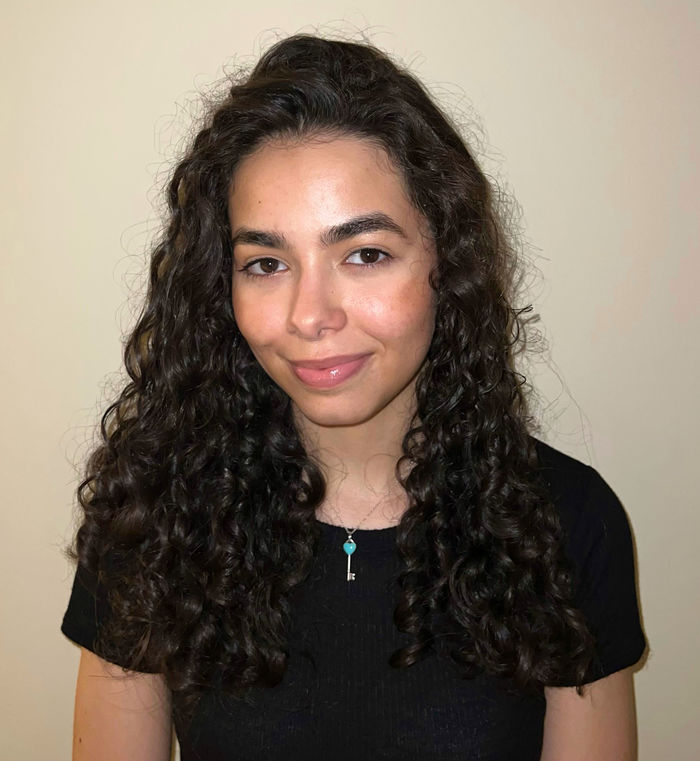Biography
Eshani Lee is an assistant professor of chemistry at Penn State Hazleton specializing in chemical education research. She earned her doctorate in chemical education and her master’s in biochemistry, both from the University of Nevada, Las Vegas (UNLV).
Lee is interested in using qualitative and quantitative research designs to examine and improve undergraduate chemistry teaching and learning with a strong commitment to enhancing equity, diversity, and inclusion. Her group is primarily concerned with the investigation and development of linguistically accessible assessments.
Currently, this involves looking at how language plays a key role in the assessment of undergraduates in general chemistry courses, particularly those students are English language learners.
Current Project
Lee is currently the principal investigator on a research project funded by the National Science Foundation titled, "Breaking the Language Barrier in Chemistry Assessment." She received the award in fall 2021.
Through their research, Lee and her team are examining ways to make the questions on science course exams more accessible to diverse student populations without reducing the difficulty of the content.
Their findings will be used to optimize exam questions to equitably benefit learners by reducing the performance gap between students who are native English speakers and English-language learners.
The project is supported by the National Science Foundation's "EHR Core Research: Building Capacity in STEM Education" program, which aims to broaden participation in STEM fields by building individuals' abilities to carry out high-quality, fundamental STEM education research.
Meet the Research Team
Angelica Sofia Pares Alicea is an undergraduate student at Penn State Hazleton pursuing a degree in biology.
Angelica moved to the United States with her family at age 11 from Puerto Rico. As a native Spanish speaker and a first-generation student, she is excited to be a part of Lee's research in order to enhance the classroom experience of learning chemistry and limit language barriers to make science more inclusive.
She has been exploring the education field and finds joy in helping other students feel included.
Anna Eunji Kim is a doctoral student in the science education program at Penn State.
Anna's research focuses on the interdisciplinary study of developing the linguistically accessible assessments for English-language learners and non-English speaking students in chemistry and developing educational curricula within the context of machine learning. She has a background in language learning, biology, and educational psychology.
Notably, she aims to create and evaluate the efficient and equitable educational curricula and assessment of STEM education from a sociocultural perspective.
Erin Bock is an undergraduate student majoring in chemistry at Penn State.
"I am passionate about the current research project because equitable assessments in chemistry will allow students of diverse backgrounds to have the same opportunity for success," Bock said.
"Diversity is a strength, but current assessments in chemistry do not adequately reflect this ideal," she added. "As a future chemistry teacher, I want to ensure that every student has an equal opportunity to excel in my class. Therefore, I am grateful to be part of this newly developing research that will help lift up chemists of all backgrounds."
Alexandra Stephens is an informal science educator and undergraduate chemistry student at Portland State University.
As a prospective high school classroom science teacher, she is excited to be a part of Lee's research in order to study how to teach science better and eliminate barriers to success for future scientists of all backgrounds.
When it comes to real-world applications of chemistry, Alexandra gets most excited about coffee and her aquarium.
Dr. Audrey Smeltzer-Schwab teaches full time high school chemistry and physics at Muhlenberg High School in Reading. She has also been an adjunct faculty member at Penn State Berks since 2010, where she has taught Chem 101, 110, 111, 112, and 113 during her tenure.
Her doctorate was in curriculum and instruction with her doctoral thesis being, “High School Students Physics Epistemological Beliefs."
She is interested in improving chemistry education because she believes that with better chemistry instruction students will enjoy chemistry more.
Specifically, with this research, it is her hope that language barriers will no longer be a hindrance for students to learn and enjoy chemistry.
What is Chemistry Education Research?
Chemistry education research, also known as CER or chem-ed research, is a type of discipline-based education research (DBER). It explores the teaching and learning of chemistry in formal and informal settings using quantitative and qualitative measures.
Our goal is to develop evidence-based educational practices to inform teaching and learning in chemistry.
Explore CER Resources:
News and Events:





